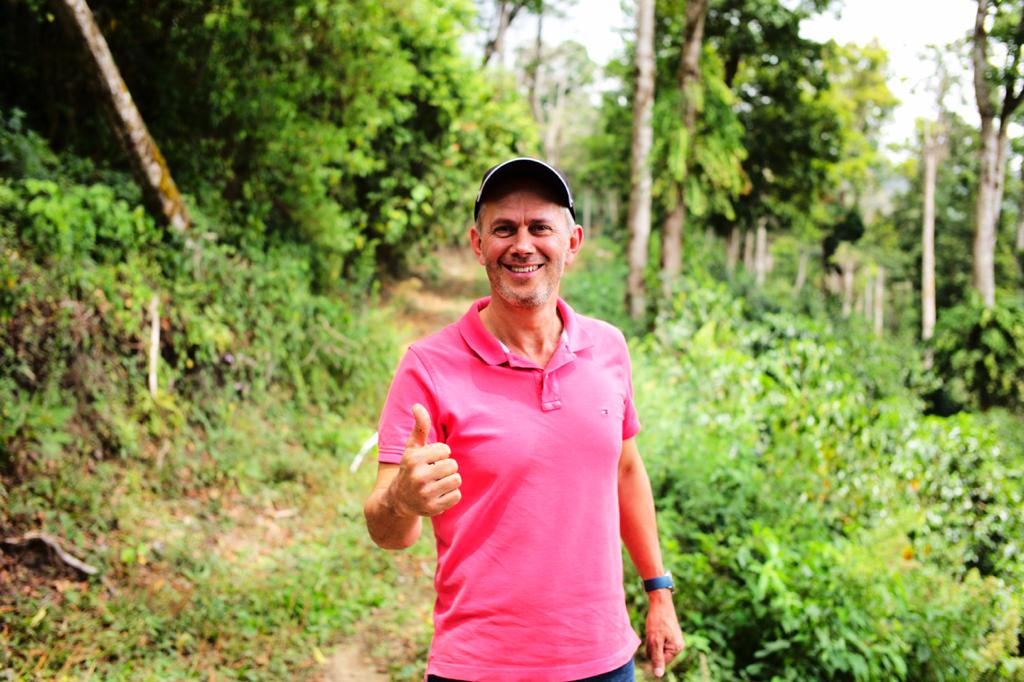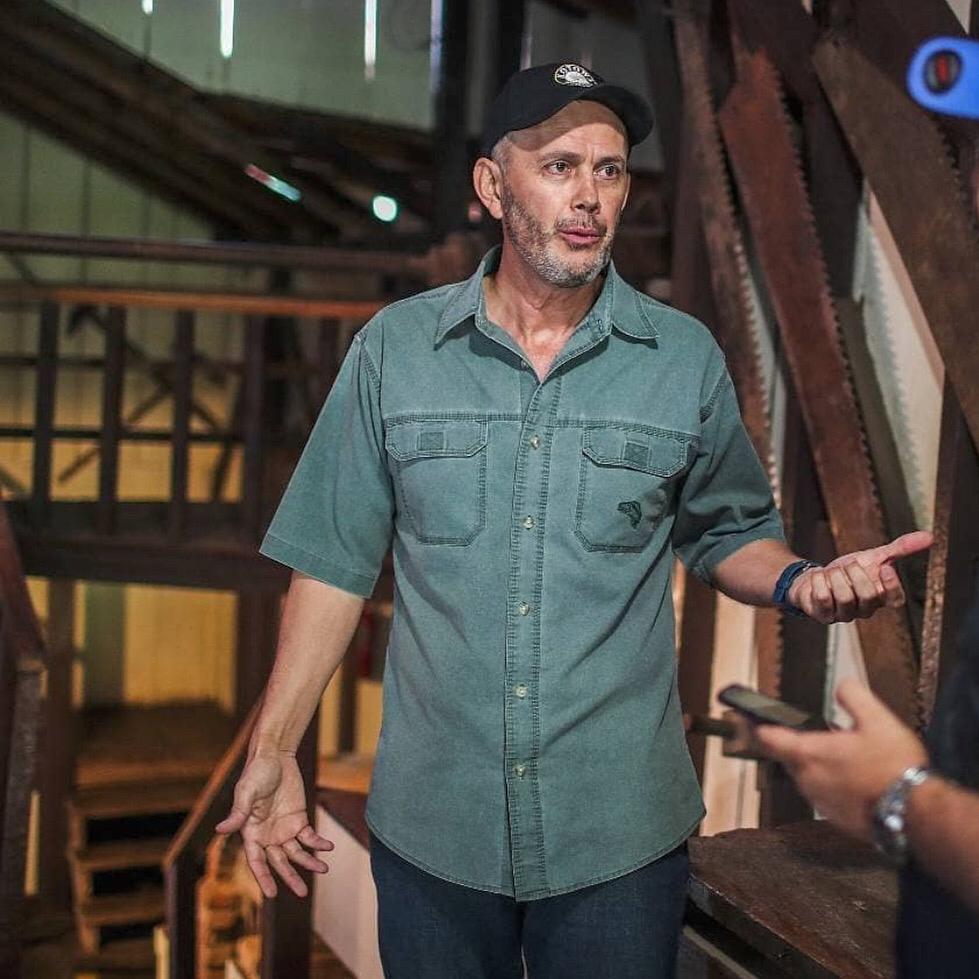Panama Boquete Kotowa Mandarina Traditional Washed SHB EP
Bags 0
Warehouses Madison
Flavor Profile Almond, chocolate, juicy, clean
Out of stock
About this coffee
Grower
Mandarina Farm
Altitude
1300 – 1500 masl
Variety
Caturra
Soil
Volcanic loam
Region
Boquete, Chiriquí, Panama
Process
Mechanically demucilaged, dried on raised beds and in mechanical dryers
Harvest
November - March
Certification
Conventional
Coffee Background
Mandarina is the original of five farms owned and operated by Kotowa Coffee. Kotowa, whose name translates to “mountains” in the local Chiriqui language, was first established at Mandarina in the early 1900s by Alexander Duncan MacIntyre, a Canadian emigrant who fell in love with the Boquete region and people after traveling there for the first time. Now, four generations later, his family is still cultivating and processing coffee the same way as Alexander did, becoming nationally recognized during Panama’s specialty movement for quality processing and variety separation. In 2018, Duncan, one of the Kotowa Coffee farms, won the Best of Panama competition for its pacamara submission.
Mandarina is on the eastern side of the Baru Volcano, an active stratovolcano that is Panama’s highest peak and the centerpiece of a 35,000-acre national park. In this area, tucked into the Continental Divide, Pacific and Caribbean winds alternate at different times of the year creating cooler temperatures, overlapping rainy periods, and limited dry months. The result is an extremely lush and microclimate where coffee—along with a number of tropical fruits—tends to thrive.
This caturra selection was built through a series of individually cupped coffee trees (yes, that’s correct) blended together according to ideal cup characteristics. After picking the selected trees, cherry is mechanically demucilaged and washed, and then dried on a combination of raised beds and mechanical dryers. Kotowa Coffee keeps all its fully dried lots in a climate-controlled warehouse for up to 90 days to cure the moisture and water activity for transport, as well as allow the final cup nuances to fully develop. Inventory is managed with a traceability system wherein each bag receives a unique mark with all harvest and processing details.
Environmental stewardship is a region-wide priority in Boquete, and coffee producers often take great pains to invest in their ecosystem. Kotowa Coffee is no different. The cherry pulp and waste water from processing at Don K is used in production of organic fertilizer; although, water usage on the whole is very low in processing because of the efficiency of demucilaging machines (per kilo of exportable coffee, a mechanical demucilager tends to need about 2 cups of water, roughly 40 times less than a traditional disc pulper). The virgin forest within the farm’s limits is supported by prohibiting hunting, taking measures to eliminate fire danger during the dry months, and by continuing to plant indigenous fruit and nut trees (500 and counting this year) to keep the local and migratory bird communities thriving.



